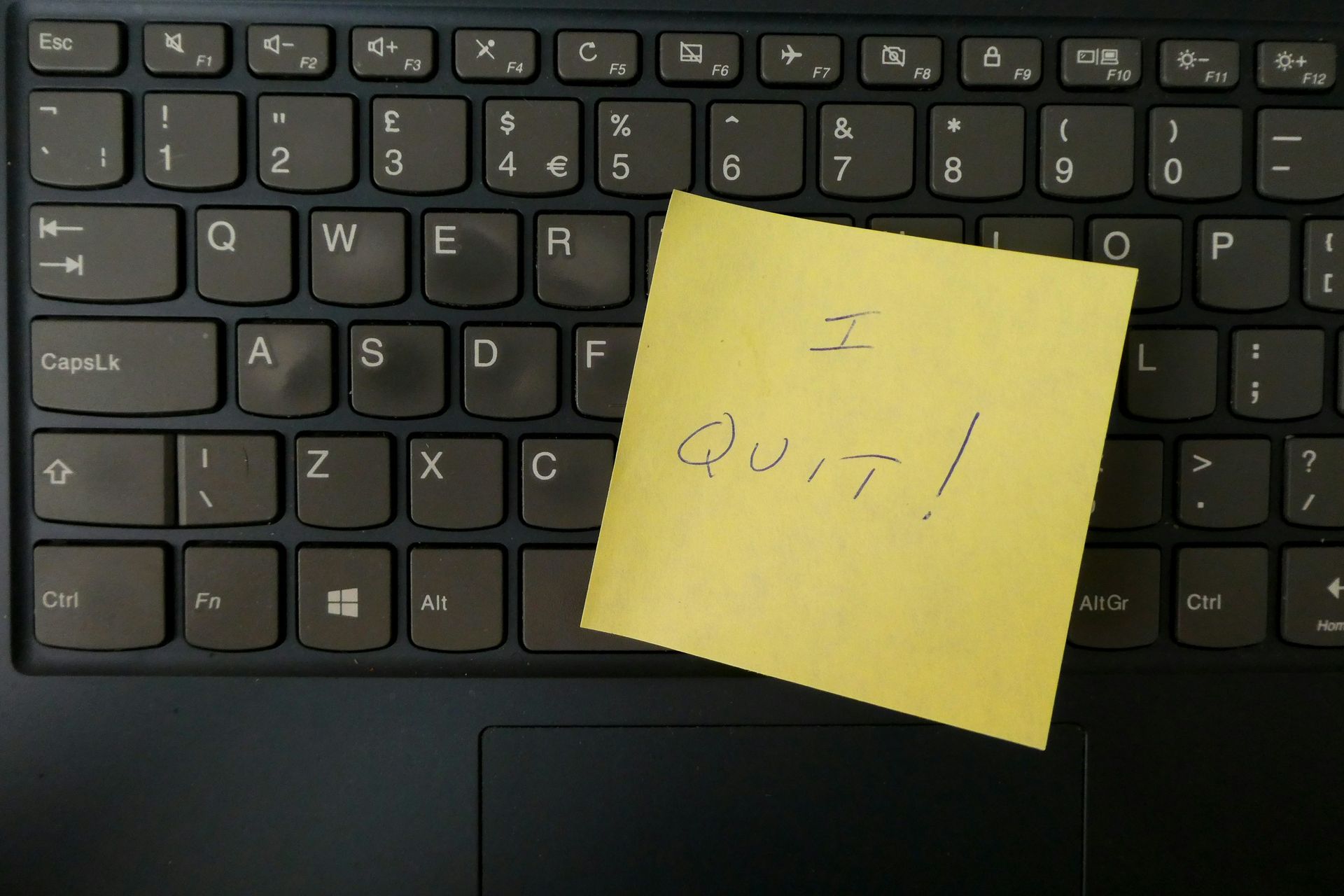Leadership changes at OpenAI have the tech world talking. Is the AI giant losing its mind… or just its best brains? Let’s examine this brain drain and see if we can work out what’s really going on.
OpenAI, the company behind ChatGPT, recently saw three key leaders leave. Co-founder John Schulman left to join rival AI firm Anthropic. President and co-founder Greg Brockman took an extended leave of absence until the end of the year. Peter Deng, who led product development, also left the company.
I’m taking a sabbatical through end of year. First time to relax since co-founding OpenAI 9 years ago. The mission is far from complete; we still have a safe AGI to build.
— Greg Brockman (@gdb) August 6, 2024
A talent tug-of-war in Silicon Valley
The AI industry is heating up, and top talent is in high demand. Companies are competing fiercely for the brightest minds in the field. This environment makes it natural for some movement between firms.
Schulman’s move to Anthropic is particularly noteworthy. He cited a desire to focus more deeply on AI alignment – ensuring AI systems behave as intended. This suggests that different companies may be taking varied approaches to this critical issue.
Brockman’s temporary departure, framed as a chance to “relax and recharge,” comes after nine years with the company. Such breaks are not uncommon in the fast-paced tech world, where burnout is a real concern.
I shared the following note with my OpenAI colleagues today:
I've made the difficult decision to leave OpenAI. This choice stems from my desire to deepen my focus on AI alignment, and to start a new chapter of my career where I can return to hands-on technical work. I've decided…
— John Schulman (@johnschulman2) August 6, 2024
The broader context of departures
These recent exits are part of a larger pattern at OpenAI. Of the company’s 11 original founders, only three now remain: CEO Sam Altman, Brockman (currently on leave), and Wojciech Zaremba.
Earlier this year, other key figures also left the company. Jan Leike and Ilya Sutskever, who led OpenAI’s superalignment group focusing on aligning AI with human interests, both departed. Additionally, two employees working on safety and governance resigned in recent months.
What this means for OpenAI
These departures raise questions about the company’s direction and internal culture. Are there disagreements about research priorities or ethical concerns? Or is this simply the natural ebb and flow of talent in a competitive industry?
OpenAI has stated that Schulman’s work “established a strong foundation” for the company and the broader AI field. This suggests they’re putting a positive spin on the situation and emphasizing continuity.
However, the loss of experienced leaders could impact OpenAI’s research and development efforts. The company will need to fill these gaps and maintain its innovative edge in a rapidly evolving field.

The road ahead for AI research
These leadership changes at OpenAI highlight some key trends in the AI industry:
1. The importance of AI alignment research.
2. The competitive nature of talent acquisition.
3. The need for sustainable work practices in high-pressure environments.
As AI technology continues to advance, the industry will likely see more shifts in talent and research focus. Companies will need to balance innovation with ethical considerations and employee well-being.
The departures from OpenAI may lead to new perspectives and approaches at other firms. This could potentially accelerate progress in certain areas of AI research.
Featured image credit: Marten Bjork / Unsplash





